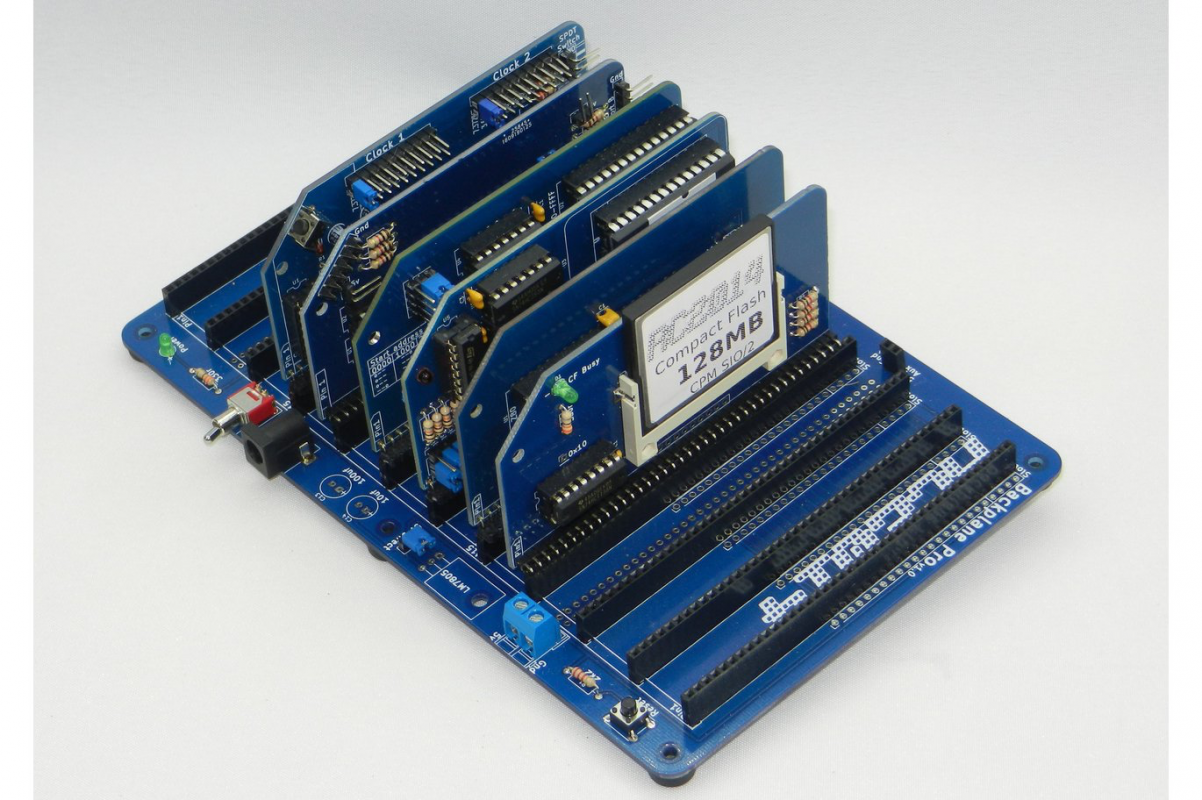Just a little rant for the-day...
I have a lot of experience mucking with computer electronics and integrated circuit boards that I've gained over the years. I was trying to replace a disk in an Apple backup storage device (known as an "AirPort Time Capsule") whose disk had died. Not unexpectedly, I failed. I had a feeling I might, and I only tried my hand at it because I didn't have to buy anything that I didn't already have. Also, I found a youtube video that made the surgery look pretty easy.
Well... here's the thing...
The connectors on these things are fragile. Some are even surface-mounted to circuit boards or flat cables and you have to know exactly how to work with them. The bottom line is that unless you know how to detach/separate them, they will tear. You can't just rock them and try to break them loose. Game over.
Anyway, I know weak connectors have been an issue for a long, long time, but that doesn't stop me from wanting to rant about it!
I have a lot of experience mucking with computer electronics and integrated circuit boards that I've gained over the years. I was trying to replace a disk in an Apple backup storage device (known as an "AirPort Time Capsule") whose disk had died. Not unexpectedly, I failed. I had a feeling I might, and I only tried my hand at it because I didn't have to buy anything that I didn't already have. Also, I found a youtube video that made the surgery look pretty easy.
Well... here's the thing...
The connectors on these things are fragile. Some are even surface-mounted to circuit boards or flat cables and you have to know exactly how to work with them. The bottom line is that unless you know how to detach/separate them, they will tear. You can't just rock them and try to break them loose. Game over.
Anyway, I know weak connectors have been an issue for a long, long time, but that doesn't stop me from wanting to rant about it!
